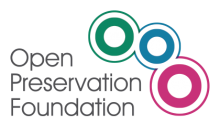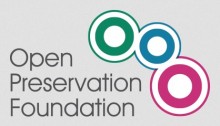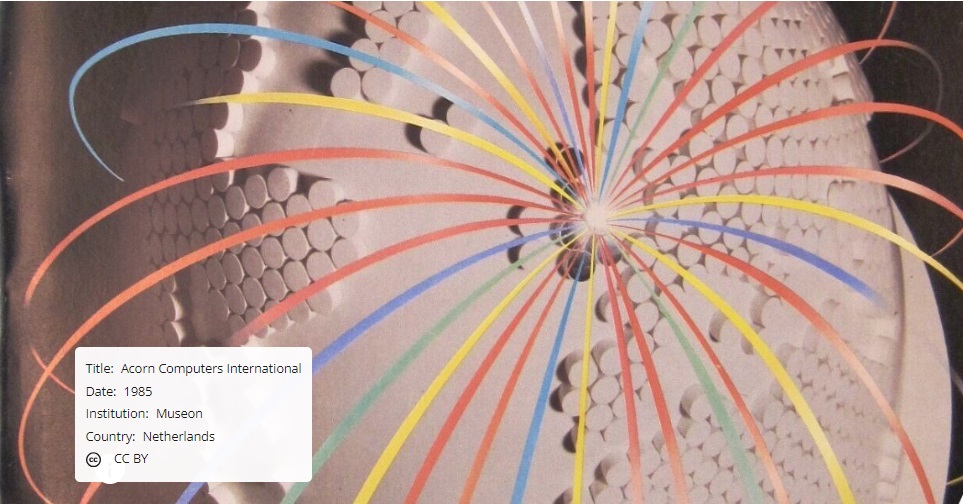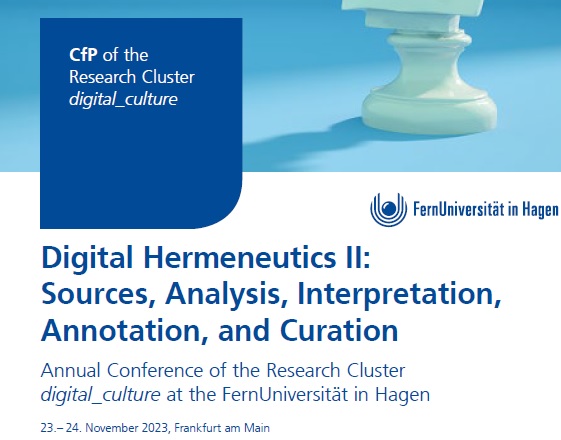
 JHOVE (JSTOR/Harvard Object Validation Environment) is an extensible software framework for performing format identification, validation, and characterisation of digital objects. The Open Preservation Foundation (OPF) took over stewardship of JHOVE in February 2015 to provide it with a permanent and sustainable home.
JHOVE (JSTOR/Harvard Object Validation Environment) is an extensible software framework for performing format identification, validation, and characterisation of digital objects. The Open Preservation Foundation (OPF) took over stewardship of JHOVE in February 2015 to provide it with a permanent and sustainable home.
A new beta version of JHOVE 1.12 is now available to download at http://downloads.opf-labs.org/dev/jhove-xplt-installer-dev-latest.jar
The focus of this release is on stability of the code base, so very little code has changed. The JHOVE README provides an overview of the steps we have taken to put in place automated build, testing and deployment, and mavenisation of the code base. The main functional change is that JHOVE now has a dedicated cross-platform installer.
Installation instructions for Windows, Mac and Linux users are here in the README.
Instructions are available for developers to try including the new Maven version in their own projects. It should continue to work identically to the previous version apart from one or two small output details (e.g. version number, mentions of OPF).
We welcome feedback on the new release. Please tell us whether the installer is an improvement on the previous zip distribution package and what we could do to make installation and configuration of JHOVE easier. The best method for providing feedback is by using the JHOVE issue tracker on GitHub. Here is an example of a recently logged and fixed issue.
The JHOVE web page has been restructured to make it easier to navigate. The logo has been refreshed and work will continue on the look and feel over the coming weeks.
A new mailing list for the discussion of use and development of JHOVE is being set up and will be available shortly.
This JHOVE beta release and plans for future development have been made under the guidance of the JHOVE Product Board. OPF members received a preview of this release to test and provide feedback.
To find out more about becoming an OPF member or software supporter visit: http://openpreservation.org/about/join/.
























